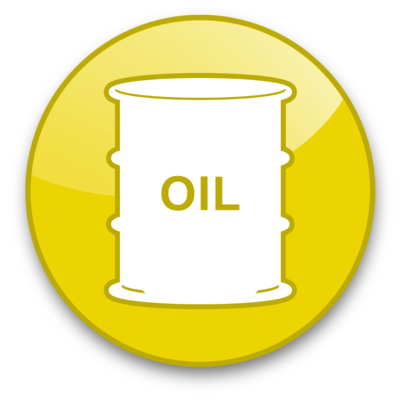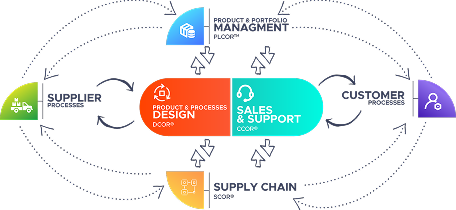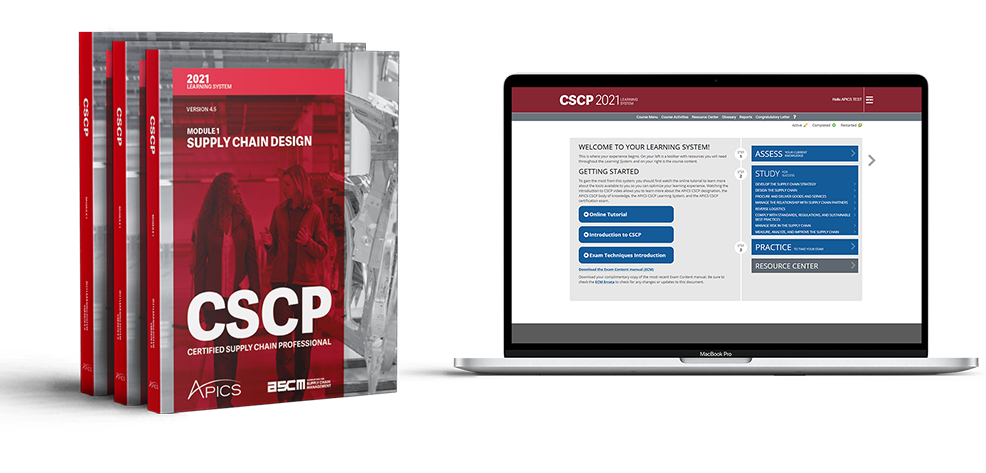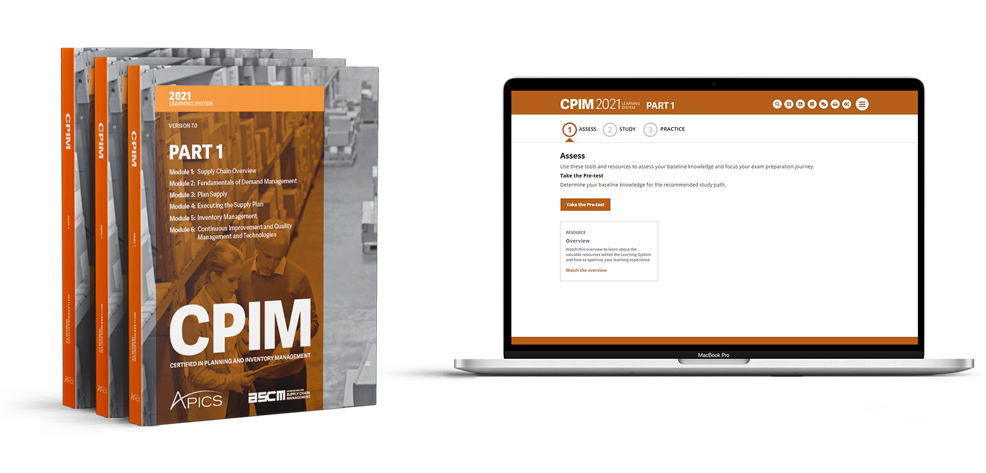
RESULTS
Enhanced understanding of the end-to-end supply chain and its segments
RESULTS
30+ percent increase in on-time delivery
RESULTS
Build a global supply chain organization and leadership teamCustomer sharing
2016
2015

Explore the origins and goals of the Supply Chain Operations Reference (SCOR®) model framework.
Work with the four central parts of the SCOR framework: Performance, Processes, Practices, People.
Understand the structure of SCOR Digital Standard. What best practices or tools are available to prepare, respond, and recover from supply chain disruption thru different digital capabilities?
Q&A and preview of upcoming webinars
Donate Now
Hong Kong Red Cross (HKRC) will be the “Beneficiary Organization” of this event. All donation raised will be used to support the HKRC’s humanitarian works on “Beat COVID-19 Pandemic” without cost deduction.
香港紅十字會是次活動的受惠機構,所有款項將會不扣除成本,全數撥捐香港紅十字會以支持「新型冠狀病毒疫情」防疫工作。

Why do you need to earn the APICS SCOR DS Endorsement?
Production management
Operations
Supply chain management
Procurement
Materials management
Inventory management
An APICS SCOR DS endorsement will help you:
Establish benchmarks for evaluating supply chain effectiveness
Provide real-world techniques for measuring and managing a global supply chain
Provide a practical method for assessing the skills and competencies of your current supply chain team members and recruits
Dramatically increase supply chain improvement and performance

APICS CSCP is a new professional development/education and certification program that has become the global standard in supply chain education and certification since its introduction in 2006. It offers a broad view of the field that extends beyond internal operations to encompass all the steps throughout the entire supply chain—from the supplier through the company to the end consumer.
The APICS CSCP Learning System is a comprehensive professional development and exam preparation program. It consists of three print modules and web-based study tools that reflect the entire APICS CSCP Exam Content Manual (ECM) and provide a broad view of global end-to-end supply chain management.
The CSCP Learning System:
Module 1: Supply Chain Design
Module 2: Supply Chain Planning and Execution
Module 3: Supply Chain Improvements and Best Practices
CSCP is warmly welcomed by the high-level supply chain management professionals and the consultants from the world when it first comes to the market. Till end of 2013, the fact is:
★ Over 32,000 APICS CSCP Learning Systems sold
★ Over 24,000 APICS CSCP exams administered
★ Almost 15,000 APICS CSCP designees working worldwide

Module 1: Strategic Management of Resources (SMR)
Developing a Business Strategy
Gathering and Analyzing Internal/External Information
Where Will We Compete?
How Will We Compete?
Sustainability and Strategy
Business Planning
Aligning the Operations Strategy
Infrastructure